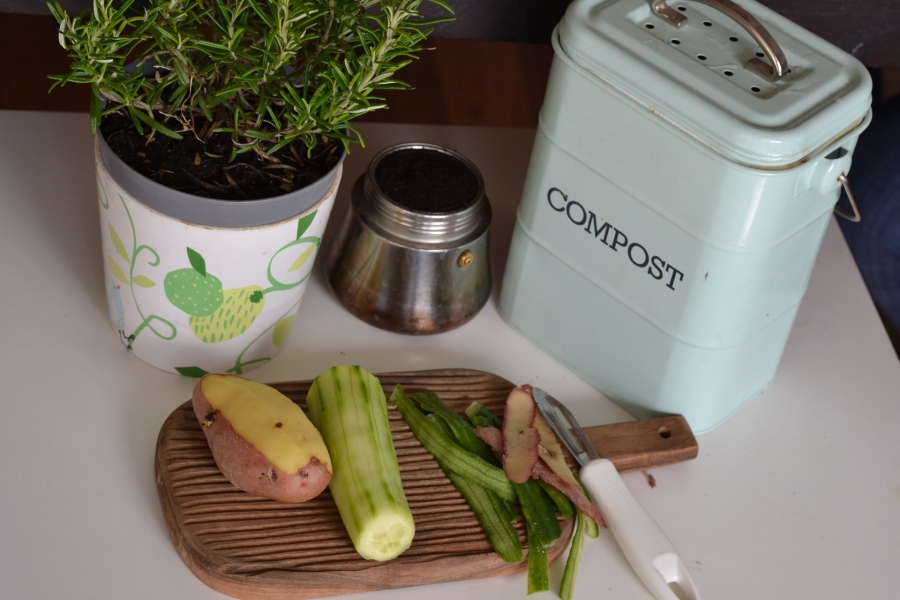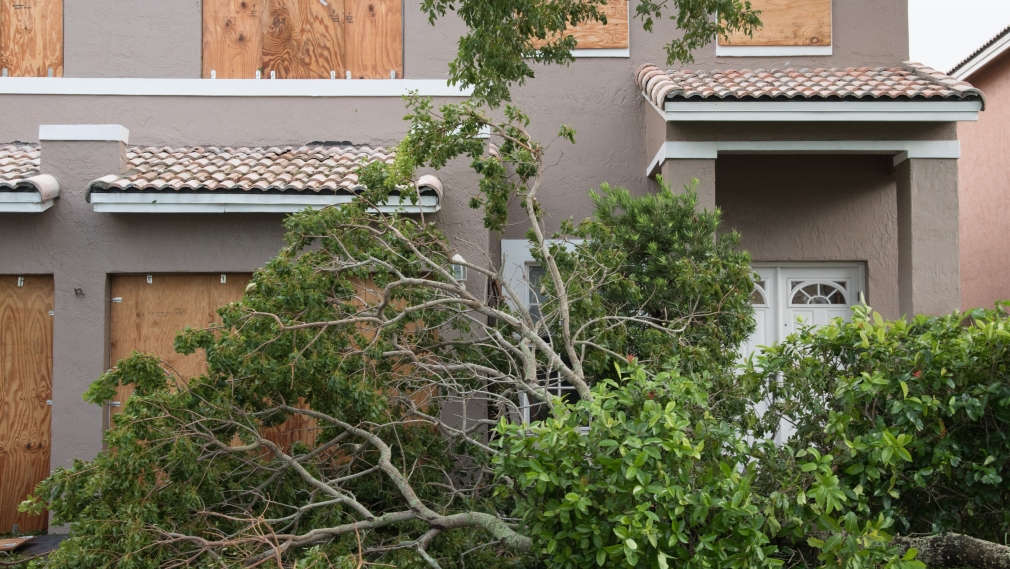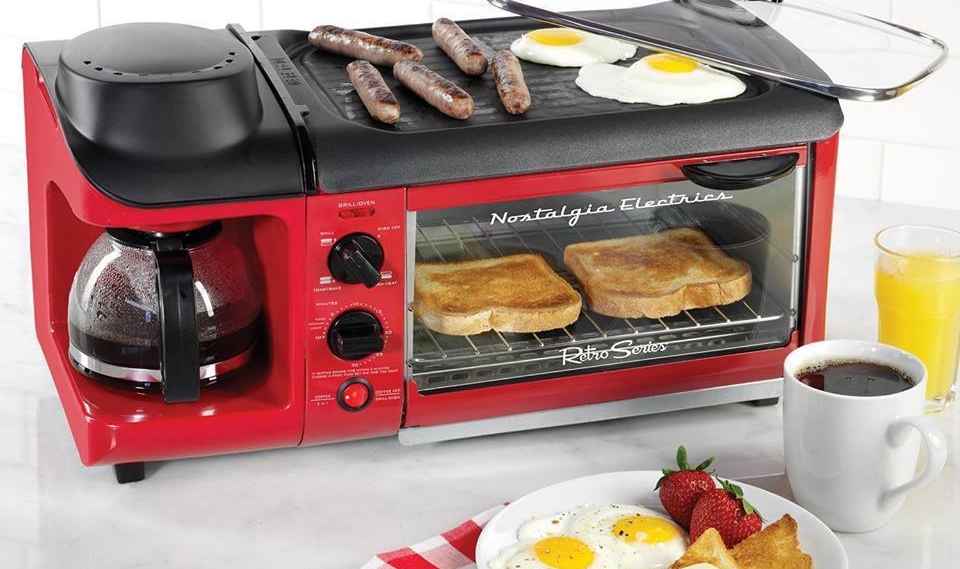5914Views 0Comments

Composting In A Flat. Is It Possible?
Composting – most gardeners’ favourite choice when recycling organic matter and turning it into food for your plants. Composting is a process with a very “earthly” odour, so it’s usually done outside, in your backyard, garage, shack or any space that’s free in your property.
But what about flats? Do potted plants in apartment buildings have to make do with what they have? Of course not! You can compost in your flat just as well as you can do in the backyard. There are a few key differences, and you’ll have to get a bit more creative, but as long as you do it right, you can manage to prevent the smell.
Benefits of Composting
Composting has many benefits for both yard and potted plants. Good compost can enrich the soil in a way that it retains water better and provides protection from plant diseases. On top of that, when you add compost, you reduce the need for chemical fertilizers. It’s also a greener way of dealing with waste because you rely on bacteria and fungi to create humus by breaking down organic matter.
As for composting in your flat, there are several benefits:
- Superior food for your plants
- Reduced household waste
- Save off fertilizer money
- Conserve water
The more waste you compost in your flat, the happier the planet is because you reduce methane emissions and thus the rate of global climate change. According to various sources, composting can reduce methane emissions by 2.1 billion tonnes by 2050 if every household does it little by little. But enough about that – you’re probably wondering what approach works best. There are four very comfortable ways to compost if you live in a flat:
- Worm bin composting
- Bokashi composting
- Electric composter
- Community garden
Worm Bin Composting
The worm bin method, or vermicomposting, is probably the most widespread composting method inside your home. It’s pretty much a bin full of worms eating your waste and turning it into humus. It’s compact and straightforward to manage if you put your worm bin at the right place, like the balcony.
Pros: When using worms to compost at home, the first thing you should notice is that there is usually no bad smell. The process of breaking down happens so quickly that there is hardly any odour coming out of the bin. Vermicomposting can smell quite natural when the container is appropriately maintained. It’s also an easy way to reduce your trips to take out the trash.
Cons: The smell when you mess up your worm bin can be terrible. Suppose you mix too much non-organic trash in your container. In that case, the organic matter that your worms are eating will not get enough oxygen, and that can cause anaerobic bacteria to start developing. There’s no need to mention those bacteria smell pretty bad!
Bokashi Composting
This Japanese composting method is an anaerobic process that uses a special bin in order to ferment all types of kitchen waste. The technique includes layering inoculants (more often what bran or stardust, combined with molasses and effective microorganisms) with organic kitchen waste. You can either make your own bokashi bin or buy one online.
Pros: It’s the only composting method that includes dairy and meat products, even bones! It doesn’t take up too much space in your kitchen and if you have a balcony, you can put it there, as well. It’s a fairly simple method that can be done by anyone and does not require a big initial investment, especially if you’re making your own bin. Similar to the vermicomposting, there is no foul smell during the fermentation and after that. And one of the biggest advantages for plant lovers is that Bokashi composting produces a very nutritious liquid in the process that can be used directly on houseplants. Experts from Fantastic Gardeners Melbourne advise that you can use this liquid for some herbs, as well, in case you have an indoor herb garden. However, don’t add the byproduct to the soil directly. Keep reading to see why.
Cons: First of all, it can only work with that special Bokashi bin and it needs to be airtight, otherwise it won’t work and the waste will not ferment. And the other bigger disadvantage is that the byproduct (not the liquid) cannot be used as mulch and directly in the soil. It needs to be added to a trench in a garden or in a compost pile in order to break down fully.
Electric Composters
Electric composters do the job for you with almost no effort on your part, and the only different thing they require is electricity (believe it or not). They’re an innovative technology that’s perfect for flat composting.
Pros: An electric composter in your home can be hidden anywhere – a kitchen cabinet, a wall cabinet, an old wardrobe, or even behind your laundry machine, if there’s space for it there. On top of that, an electric composter will spread a mild earthy odour around your place, and some of them even come with Android/IOS apps so you can control them from your phone.
Cons: On the other hand, electric composters can be a bit harder to clean than a regular bin and maintaining them differs in some ways. They also compost your waste only partially and require further composting. A good electric composter can be a significant investment for most average households, and being electricity dependant means your electricity bill will increase.
Community garden
A community garden can be a great way to get to know your neighbours. It also allows you to take the composting process out of your flat. Whether you decide to rent some garden space and do your own composting or share with other members of your building and spend time growing crops, you can always fit some composting in a community garden.
Pros:
- You get to meet more people interested in composting and compare notes.
- You get to try different types of composting because more people share the initial bill.
- You don’t need to manage your compost on your own – you can divide the work between the community members.
- You get an actual piece of land to do your gardening on – a rare treat in most urban environments where concrete is all you can see in every direction.
- You don’t have to purchase every tool you need – you can always borrow the things you need from your fellow gardeners.
Cons:
- Community gardens usually have long waiting lists so it could be a while before you get your turn.
- Most tools you use will be worn out, and sometimes you have to wait for another gardener to finish before using what you need.
- There’s not much privacy in a community garden, and some of your compost might be disappearing every once in a while.
- Of course, dealing with other people is not always a benefit. Some gardeners will be problematic to communicate with or possessive of tools they provide for the community.
Conclusion
In conclusion, composting while living in a flat does take its time and effort, but it’s not an impossible task. As long as you desire to do it, you just have to pick the best approach that suits your needs and capabilities.


